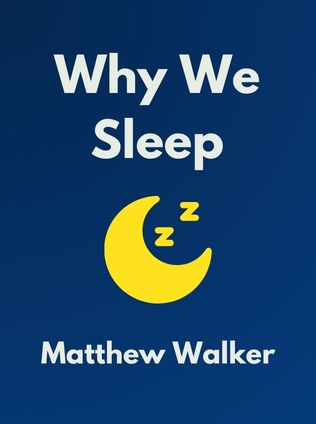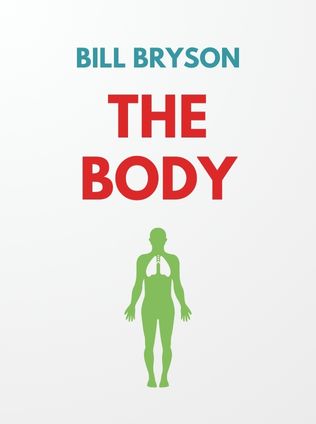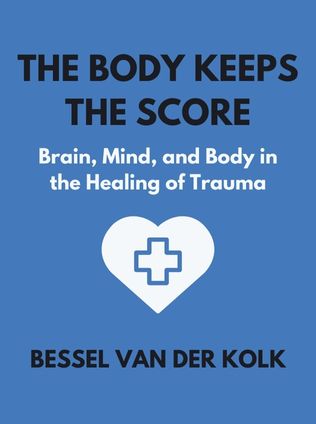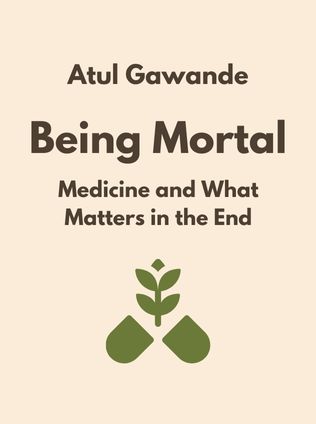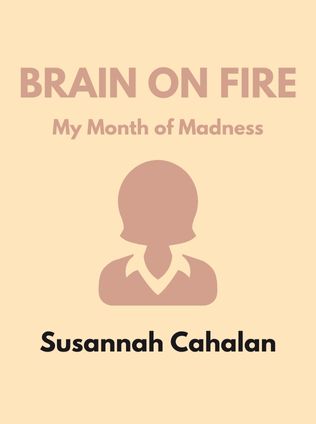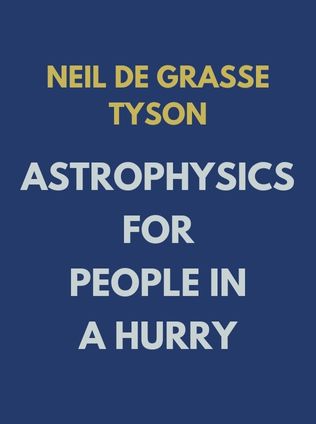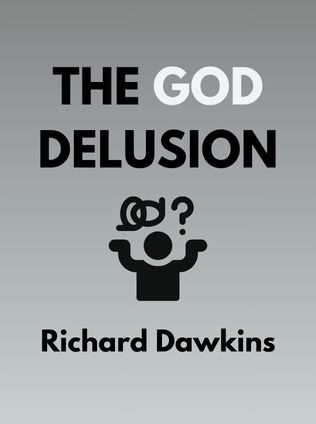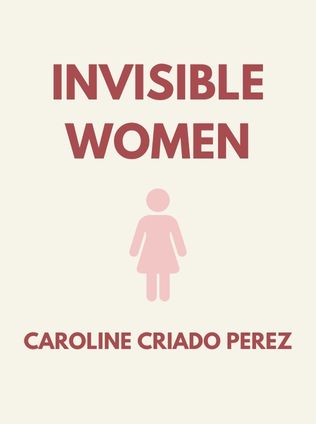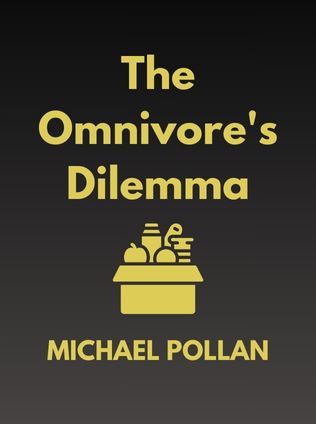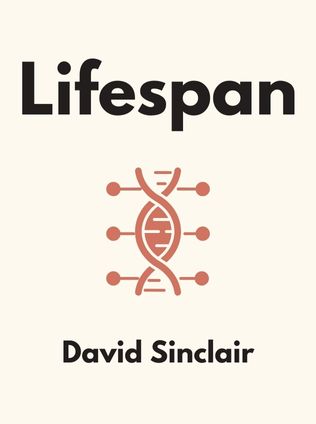
Lifespan
Why We Age―and Why We Don't Have To
By David Sinclair
Published 09/2019
About the Author
David Sinclair, a prominent biologist and geneticist, stands at the forefront of a movement that challenges one of humanity's oldest beliefs: the inevitability of aging. Born in Australia, Sinclair earned his Ph.D. from the University of New South Wales, where he began his journey into the mysteries of life at the molecular level. His passion for understanding the aging process led him to become a professor of genetics and co-director of the Paul F. Glenn Center for Biology of Aging Research at Harvard University.
Sinclair’s work is characterized by its audacity and vision. He has long been fascinated by the question of why we age and whether this process can be altered. Through his groundbreaking research, Sinclair has become a leading voice in the field of longevity, advocating for a future where aging is not seen as an unavoidable decline but as a condition that can be managed, treated, and perhaps even reversed. His 2019 book, Lifespan: Why We Age and Why We Don’t Have To, distills years of research into a powerful argument for rethinking how we approach aging and health.
Sinclair’s central thesis is bold and revolutionary: aging is a disease, and like any disease, it can be cured. His work has earned him recognition as one of TIME magazine’s 100 most influential people, and his ideas continue to inspire both hope and debate in the scientific community and beyond.
Main Idea
In Lifespan, David Sinclair presents a transformative view of aging. He argues that aging is not an inevitable part of life but a treatable and even reversible condition. The book is grounded in cutting-edge research in genetics, epigenetics, and biotechnology, offering a vision of a future where humans can significantly extend their healthy years, if not entirely eliminate the concept of old age as we know it.
Sinclair’s premise is that aging is caused by the accumulation of damage at the cellular and molecular levels. However, this damage is not random or irreparable. Instead, Sinclair suggests that aging is largely the result of epigenetic changes—alterations in gene expression rather than in the DNA sequence itself. These changes, he argues, create a kind of biological "noise" that disrupts cellular function and leads to the deterioration we associate with aging.
The implications of Sinclair’s theory are profound. If we can understand and control the factors that cause this epigenetic noise, we could potentially reset the aging clock. Through a combination of lifestyle changes, medical interventions, and technological advancements, Sinclair believes it is possible to extend both lifespan and healthspan—the period of life during which a person remains healthy and free from serious disease.
Table of Contents
- Why Do We Age?
- Treating the Disease
- A World Without Aging
Why Do We Age?
Aging has long been viewed as a natural, unavoidable part of life, an inevitable decline that begins the moment we are born. But Sinclair challenges this deeply ingrained belief by asking a simple yet profound question: Why do we age?
To answer this, Sinclair takes us on a journey through the history of aging theories. For centuries, the prevailing wisdom was that aging served a biological purpose, ensuring that older generations made way for the new. This idea, rooted in the theory of group selection, suggests that aging benefits the species as a whole by preventing overpopulation and encouraging generational turnover.
However, as evolutionary biology advanced, this theory was largely discarded. In its place emerged the concept of antagonistic pleiotropy, a theory that explains aging as a byproduct of evolution. According to this theory, the same genes that help us survive and reproduce in our younger years also contribute to our decline in later life. These genes, while beneficial early on, have detrimental effects as we age, leading to the gradual deterioration of our bodies.
Sign up for FREE and get access to 1,400+ books summaries.
You May Also Like
The Body Keeps the Score
Brain, Mind, and Body in the Healing of Trauma
By Bessel van der KolkFactfulness
Ten Reasons We're Wrong About the World – and Why Things Are Better Than You Think
By Hans RoslingBraiding Sweetgrass
Indigenous Wisdom, Scientific Knowledge and the Teachings of Plants
By Robin Wall Kimmerer








